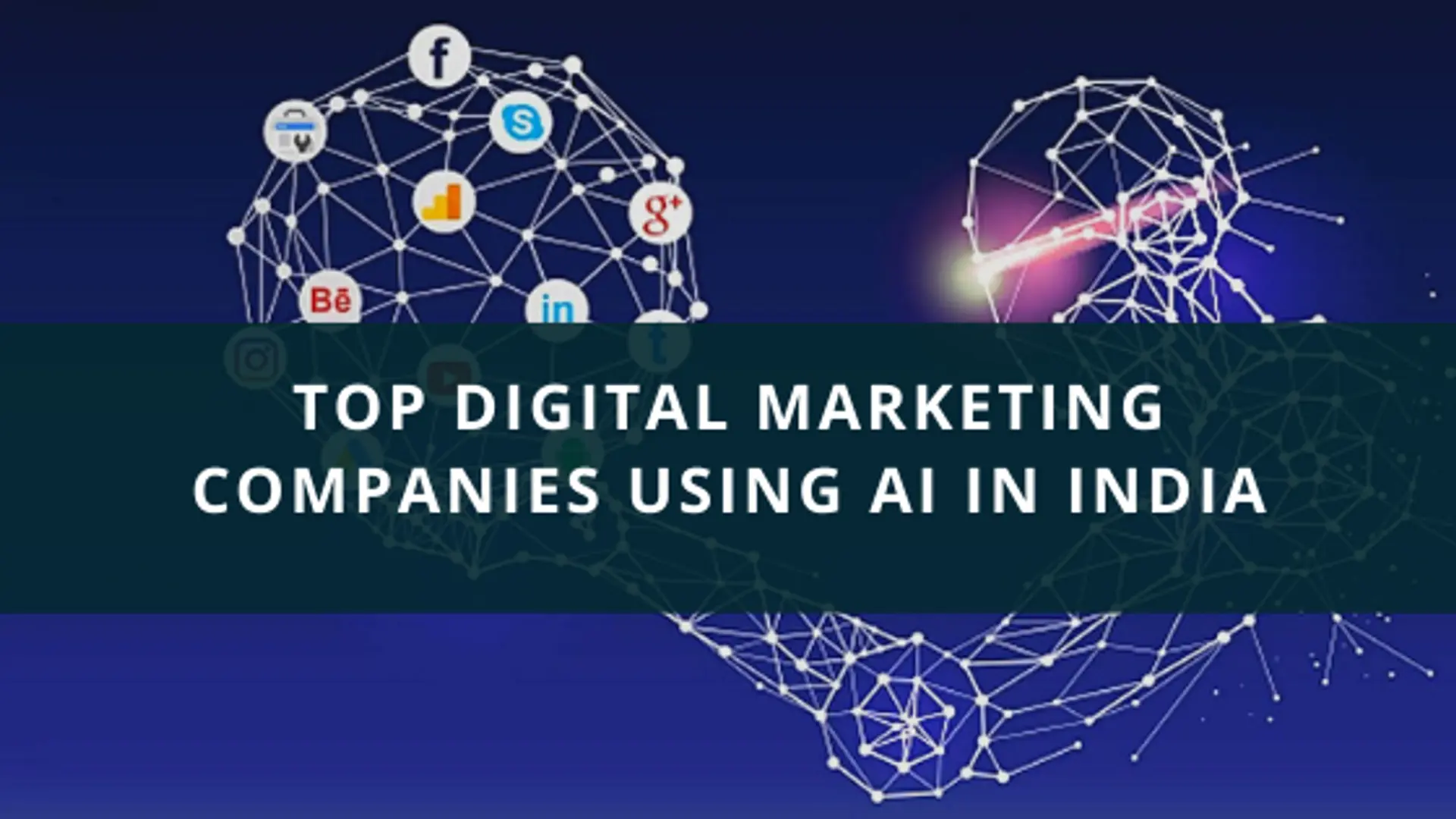

7 Things to Ask when Upgrading your ERP Solution
Wondering why need an upgrade and what to consider when doing one? Read on our blog to find 7 ways in which you can achieve a successful ERP upgrade.

Change is the only constant. Be it our lives, our business, daily operations, technology, or anything. And, this constant change results in variations in our needs, time to time. This is true even with an Enterprise Resource Solution. The change happening around in the market, processes, trends, regulations and such, creates a gap between the features of your current ERP solution and what you require. This gap may gradually start hampering your routine operations, production process, packaging, billing and delivery and ultimately, business growth. Leaving no choice but making ERP upgrades a compulsion to survive in today’s hyper dynamic market competition. However, upgrade process seems to be a double edge sword: at one hand it may prove expensive and time consuming process, while on the other hand its adoption may trigger a number of problems for your business.
There are several fears and apprehensions in one’s mind like will it be worth, value for money? What if the upgraded system might not be able to keep up with the growing needs of your organization, and thus, obstructing its growth. But considering it as the need of the time, a systematically analyzed method can make the ERP upgrade painless. Here are top seven questions to ask yourself before taking that giant leap that would prevent you from committing the common mistakes committed during the ERP upgrade.
1. Does the ERP take heed of the latest trends?
To have a competitive edge, it is important to keep track of the latest technology. There is no need to predict the technological future and it is never easy too. But if you want to plan for the future, you need to keep an eye on what’s trending now. Before you proceed for an upgrade, make sure that it is available on the cloud. It must also support Mobility to enhance connectivity. Moreover, to keep pace with the market competition, big data, IOT and integration with artificial intelligence is an added advantage. This is how you can utilize technology as a strategic advantage for your company. If you are still running on the outdated technology, then it is a good time to shift your gears.
2. Does the ERP map to the current industry needs?
Undoubtedly, upgrades aims to deliver improved functionality and other important features. But often ERP vendors are constantly changing and improving the software, which modifies the functionality to an extent where basic industry needs are missed to be mapped. The process manufacturers should make sure that the vendors are not providing just a “upgrade burnout”, which is not of much use to the end user. Also ensure that the upgrade is consuming only that much time which is not affecting the productivity in any case.
3. Is it Cost effective?
Cost is one of the major concerns of any ERP user. The upgrade your vendor is suggesting should be useful and contributing towards the growth of your organization. An upgrade should not only have ‘out of box functionalities’ but, it should outweigh the investment costs too.
4. What other operational benefits does it offer?
Technological and functional improvements in business software can have a big impact on how you do business. So, you should ensure that you make your upgrade decision based on the potential impact to your business operations. Always think about the benefits apart from the core features. Check if there is any additional capability that aids your overall performance?
5. Will it provide strong return on investment in the long run?
ROI, is another crucial deciding factor in or against the favor of ERP upgrade. It’s true that ROI can’t be measured in a short period post upgrade. Hence, look for modules and features that will help your organization in expansion and growth and accordingly evaluate its impact on your investment.
6. Is the upgrade thoroughly planned by you?
Successful upgrade is only possible if organizations have a clear plan in place. Upgrades compel you to take a good look at where your organization is now, where you’d like to go, and what it will likely take to get there in terms of resources. You should always make sure that the progress of the upgrade is going as per plan so that all the targets and deadlines are met.
7. Do you have the enough resources and capacity required for upgrade?
Handling the staff requirements to perform the upgrade, as well as training and ongoing support is one other important concern. The involved teams and overall organization in upgrades often deviate from the track due to heavy changes involved with the initial implementation. Also, most organizations don’t have the capacity to upgrade every time for every new version of the software. So identifying in advance the staffing or training plan before an upgrade is essential.
Conclusion
An adaptation to updated version always guarantees the highest quality of services offered to the customers. Also, it provides sensitivity to the employees and builds trust and faith towards organization that best tools are provided to ensure their success. These seven points will surely going to help you arrive to a right decision.
For more information on ERP, Log on to www.batchmaster.co.in




